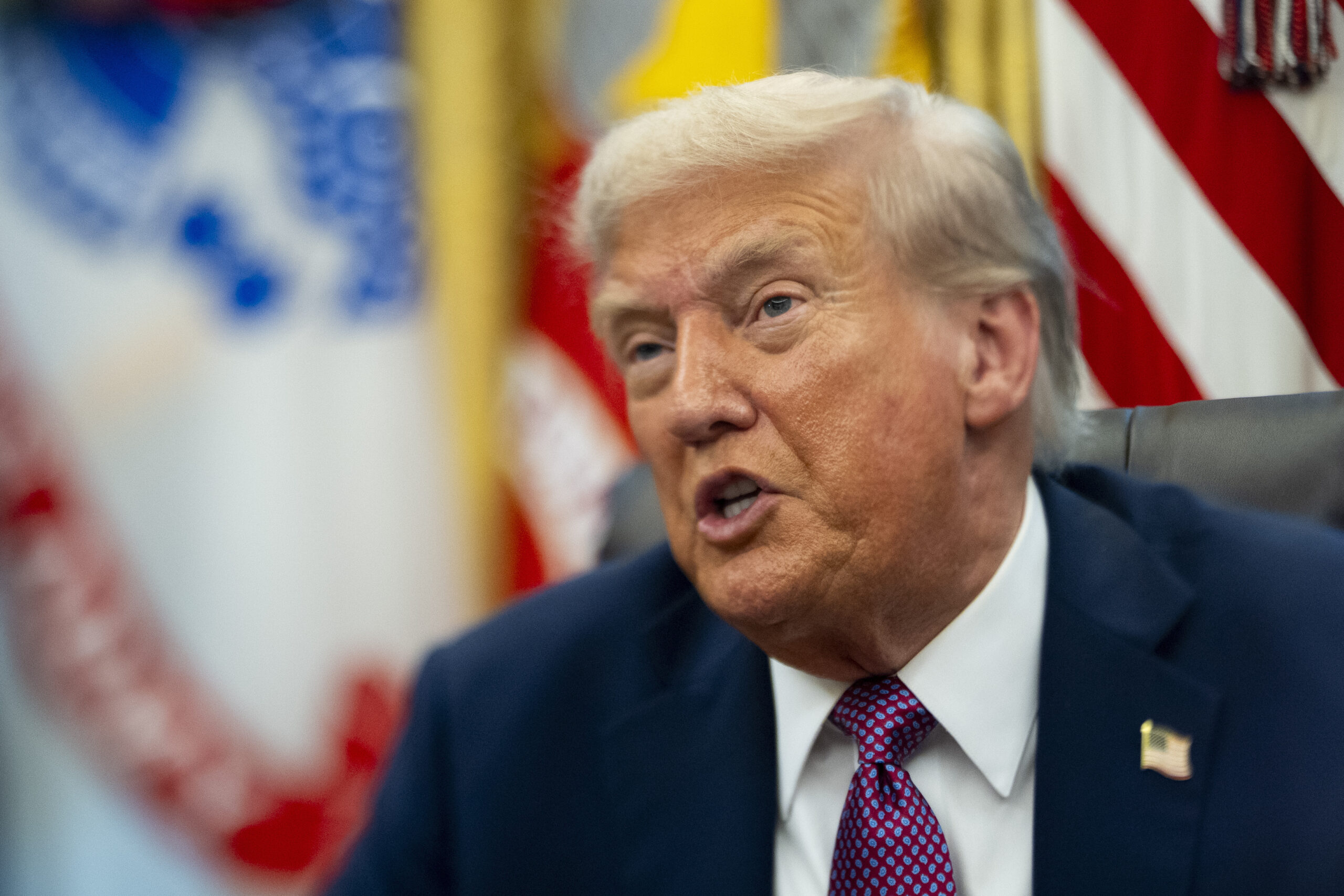Supreme Court Hands Trump Two Big Wins Via Emergency Ruling

President Donald Trump speaks in the Oval Office of the White House, Friday, Sept. 5, 2025, in Washington. (AP Photo/Alex Brandon)
President Donald Trump scored two big legal wins on Monday, with the U.S. Supreme Court granting U.S. Immigration and Customs Enforcement the ability to resume conducting “roving” arrests and raids in California against suspected illegal immigrants.
Soon after, Justice John Roberts ruled the president can fire Commissioner Rebecca Slaughter of the Federal Trade Commission. Slaughter was one of two Democratic commissioners that Trump fired in March — the other being Alvaro Bedoya; both legally challenged the move initially, before Bedoya later dropped his case.
The Supreme Court’s immigration ruling reverses a temporary restraining order issued by U.S. District Judge Maame Ewusi-Mensah Frimpong in California’s central district last month. Frimpong’s ruling blocked ICE from leaning on four factors when conducting arrests: race, ethnic background, language, and location or employment.
Homeland Security Secretary Kristi Noem and other Trump Administration officials have pushed for the Supreme Court to negate that ruling, arguing those are key factors that ICE agents sometimes need to consider.
“Needless to say, no one thinks that speaking Spanish or working in construction always creates reasonable suspicion,” U.S. Solicitor General John Sauer wrote in Trump’s petition against the ruling. “Nor does anyone suggest those are the only factors federal agents even consider. But in many situations, such factors — alone or in combination — can heighten the likelihood that someone is unlawfully present in the United States.”
Justice Brett Kavanaugh agreed, writing in his concurrence on Monday that those factors offer “at least reasonable suspicion of illegal presence” in the U.S.
“Importantly,” he added, “reasonable suspicion means only that immigration officers may briefly stop the individual and inquire about immigration status.”
Politico reported the decision was “apparently divided 6-3 along ideological lines.”




